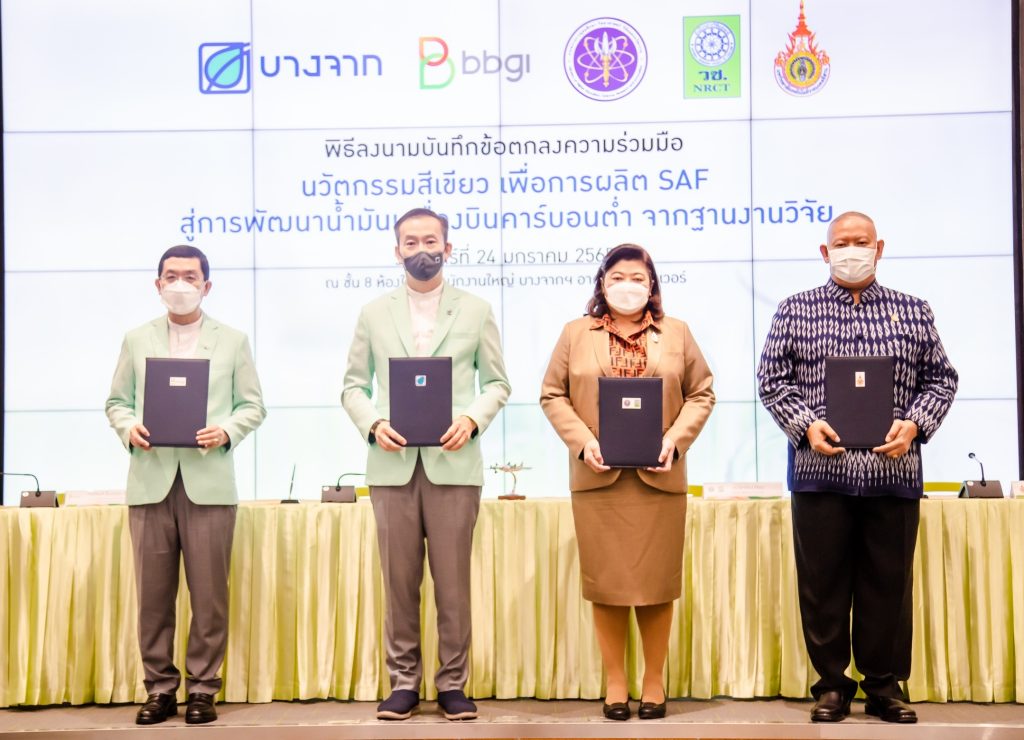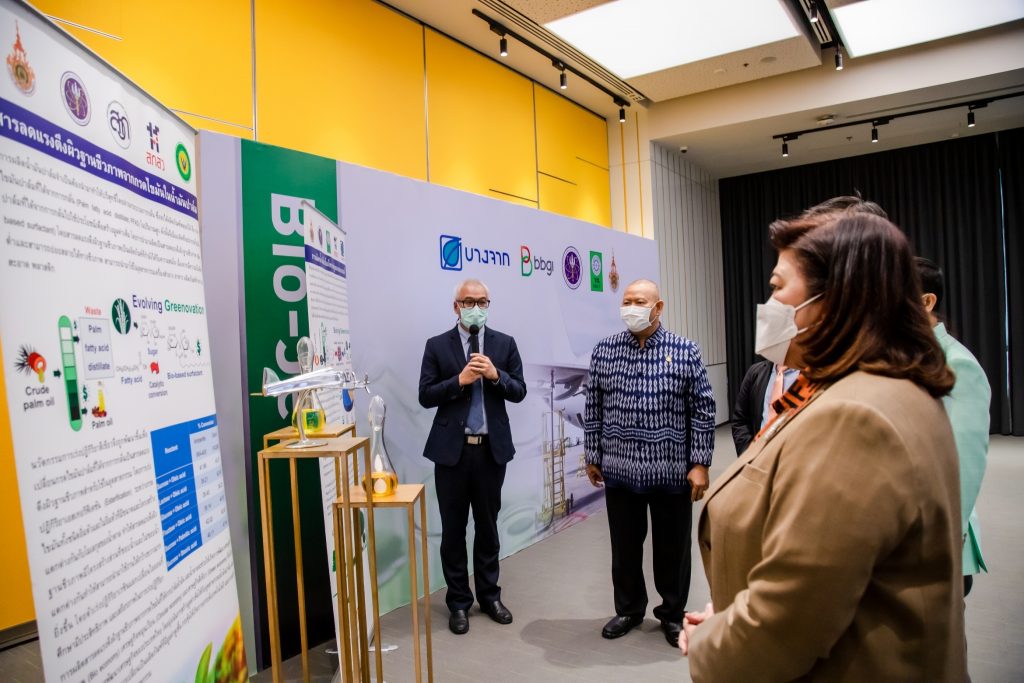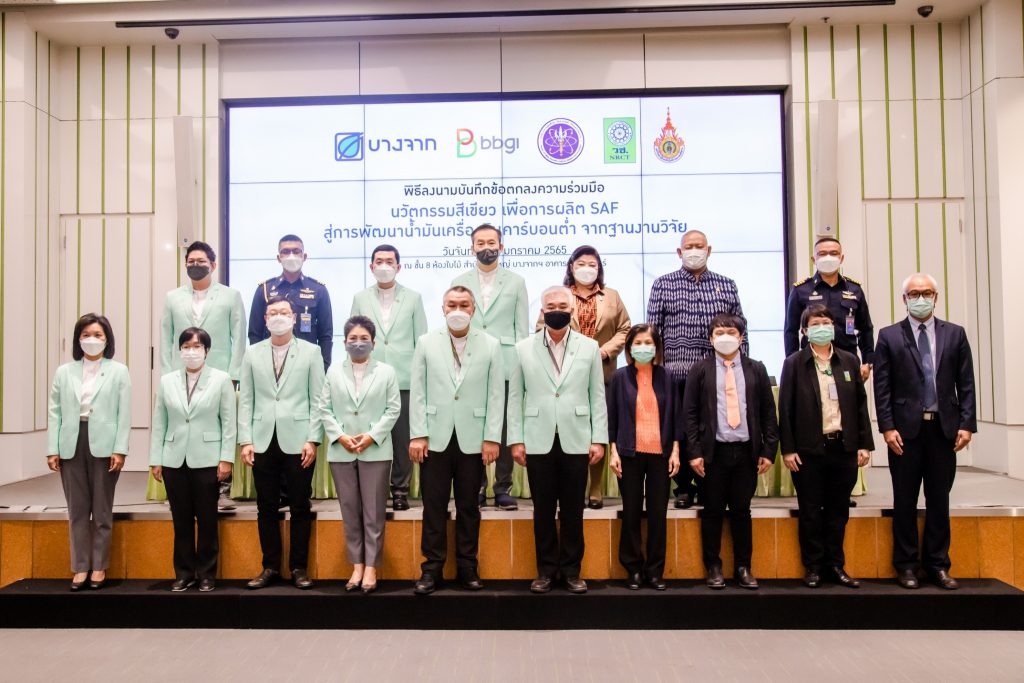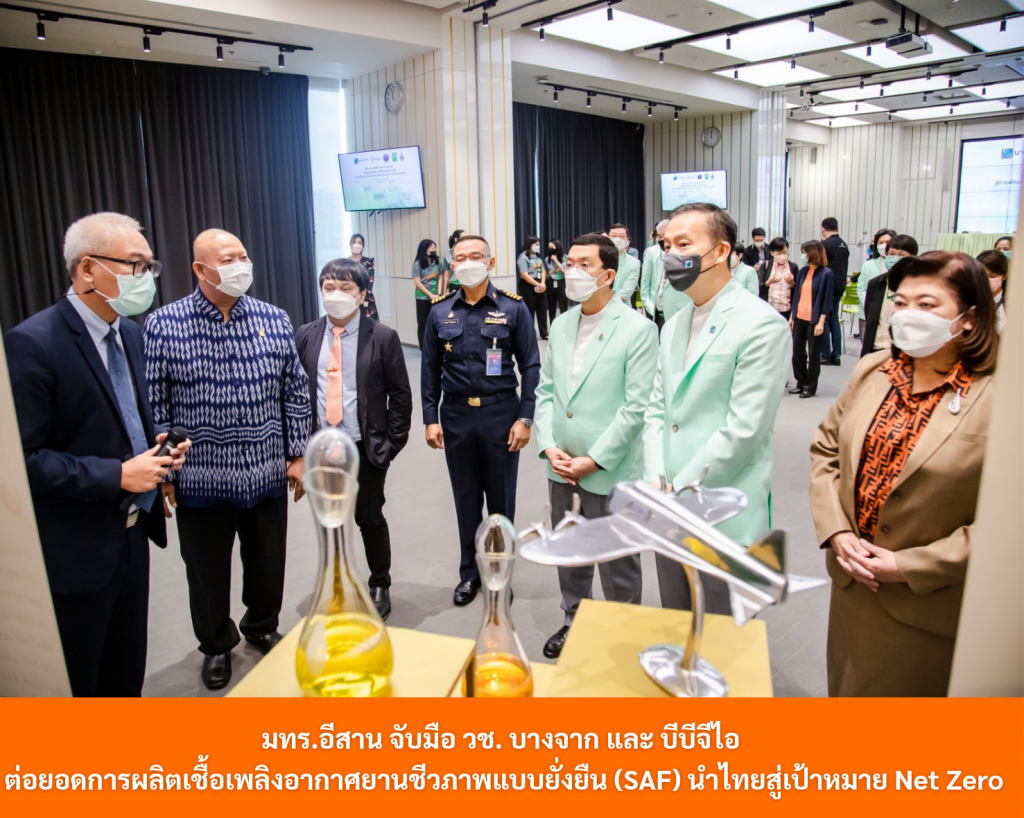
Rajamangala University of Technology Isan (RMUTI) signed a cooperation agreement with National Research Office (NRCT), Bangchak Corporation Public Company Limited and BBGI Public Company Limited in collaboration to create green innovations for sustainable aviation fuel biofuel production (SAF) ) to the development of low-carbon jet fuel from a research base This is in line with the government's goal of bringing Thailand towards Carbon Neutrality by 2050 and achieving the Net Zero Greenhouse Gas Emissions goal, or simply Net Zero Carbon) by 2065
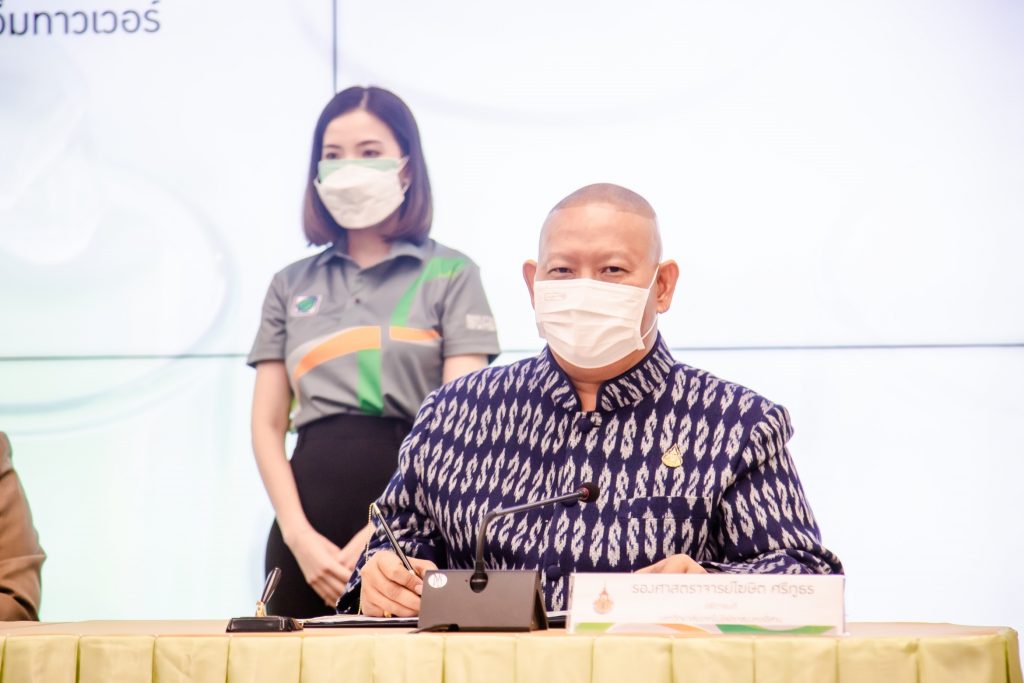
Associate Professor Dr. Kosit Sriputhon, President of RMUTI revealed that RMUTI as a university in the group of technology development and innovation promotion. According to the announcement of the Ministry of Higher Education science and research Our main goal is to produce highly skilled graduates to support the development of the country's manpower. In addition to teaching and learning that promotes science, technology and innovation, The university also encourages professors and students to be researchers who produce quality research to create added value in the manufacturing and service sectors of the country. This is to continue the research. “The production of biofuels from fuzel alcohol obtained from the ethanol plant” is a research project of Associate Professor Dr. Athit Asawasukhi, a lecturer in Applied Chemistry. Faculty of Science and Arts and the faculty to achieve real achievements for the country, thus leading to cooperation with the National Research Office, Bangchak Corporation Public Company Limited and BBGI Public Company Limited this time.

Associate Professor Dr. Arthit Asavasukhi, Lecturer of Applied Chemistry Faculty of Science and Arts RMUTI said that the project "producing biofuels from fuzel alcohol obtained from ethanol plants" is a research project funded by the NIDA since 2563. The researchers found that Thailand has a manufacturing plant. Ethanol from agricultural materials to be used as gasohol fuel which has a production capacity of about 7 million liters per day However, in the ethanol distillation process, Fusel alcohol is also produced as a by-product. Usually, fuzel alcohol is considered a low-value product. The researchers therefore chose to use the fuzel alcohol obtained from this ethanol plant for research by a catalytic chemical process. Until the result of converting fuzel alcohol into biofuel for use in the aviation industry. This makes fuzel alcohol higher in value. This research project will increase business opportunities of entrepreneurs in the ethanol production industry. And help reduce greenhouse gas emissions, which is a problem of global warming as well.
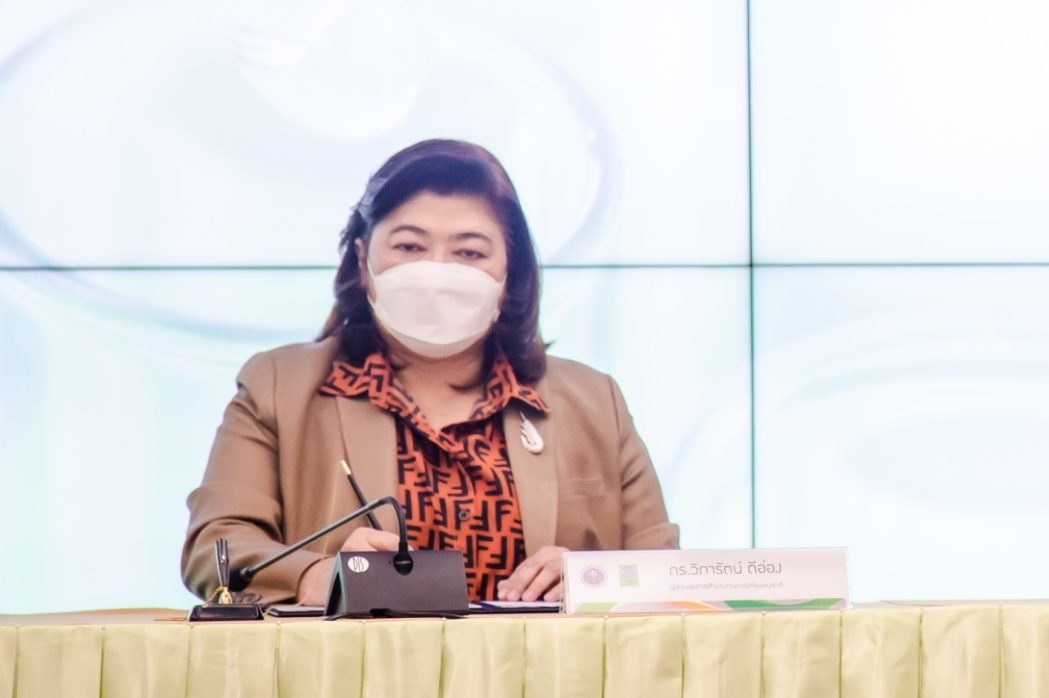
Dr. Wiparat De Ong, Director of the National Research Office The Ministry of Higher Education, Science, Research and Innovation said that this research project “Biofuel production from fuzel alcohol derived from ethanol plants” was successful at the laboratory level or lab scale in the production of bio-oil. For use in aircraft, it is a high quality fuel from a feedstock called fuzel alcohol of an ethanol plant with a raw material from molasses. and cassava which is considered an economic crop under the promotion of government policies Moreover, this research is in line with the strategy of driving Thailand with the BCG (Bio-Circular-Green Economy) economic model that the country is focusing on and giving importance to the country's economic development. The signing of this memorandum is thus to drive research from the laboratory to national implementation. and study the commercial feasibility and investment for the production of low-carbon jet fuel from by-products of the ethanol plant commercially enabling Thailand to develop high-quality and low-carbon jet fuel. for export and domestic use for the sustainable development of Thailand
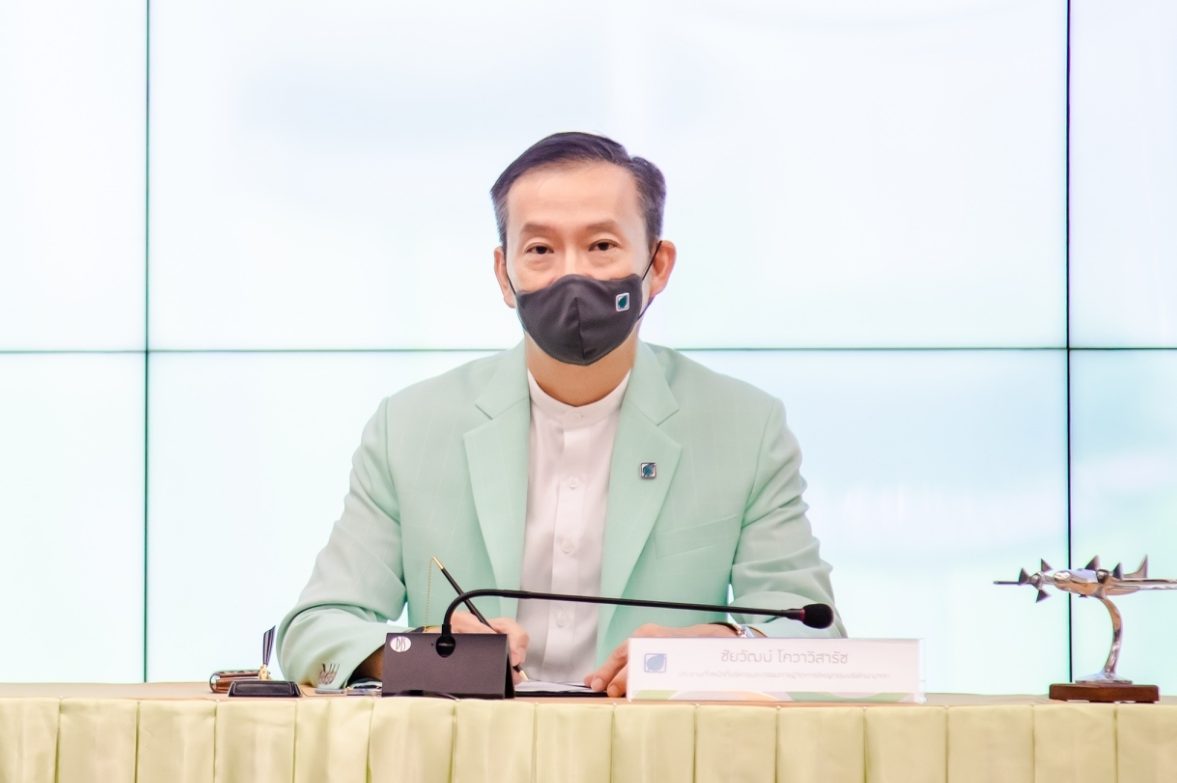
Mr. Chaiwat Kovavisarat, Chief Executive Officer and President Bangchak Group said that as a leader in the energy transition, we set a net zero emissions target by 2075, with our first major goal being Carbon Neutral in 2050. By 80, Bangchak is committed to increasing the share of biofuels instead of fossil fuels. to reduce the amount of greenhouse gases emitted into the atmosphere Especially in the transportation sector, where Bangchak has continuously developed biofuels for use in land transportation. And today has the opportunity to bring knowledge from research bases in the country to test production to develop SAF, which not only reduces carbon dioxide emissions by up to XNUMX% throughout the product life cycle compared to conventional jet fuel. It is also reputed to be a high quality jet fuel suitable for the Royal Air Force's fighter jet fuel.
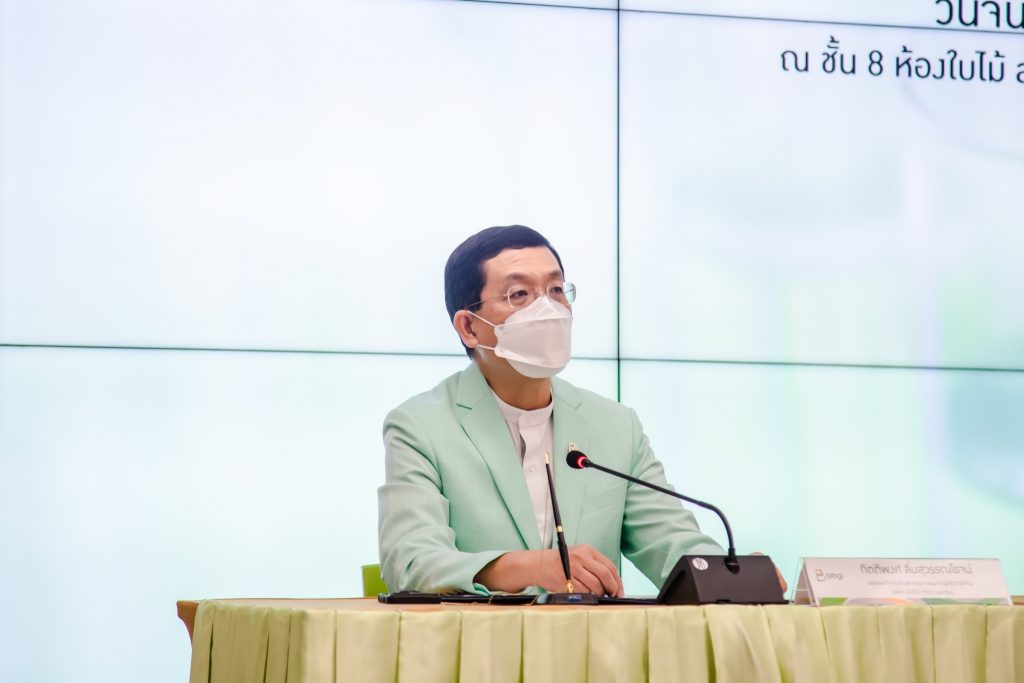
Mr. Kittipong Limsuwanroj Chief Executive Officer and President of BBGI Public Company Limited said that the study to build on this research base is another important opportunity to promote and drive bio-products in the country to have higher value. From the abundant agricultural raw materials to the development of low-carbon fuels that have immense benefits for the aviation industry. This knowledge of SAF production includes fuzel alcohol, a by-product from the ethanol distillation process as raw materials. BBGI has a production and distribution facility for biodiesel and ethanol. The biodiesel plant has a total production capacity of 1,000,000 liters per day and the ethanol plant has a total production capacity of 600,000 liters per day, giving full expertise and potential to support this study. To add value from the ethanol production process and support green energy innovation To be part of the goal of Net Zero on behalf of Bangchak Group
from the cooperation All parties will continue to jointly research and test products to drive commercialization. Initially, it will be produced for trials on military aircraft. which, when the product is complete, will be used on commercial aircraft and if this cooperation is successful Sustainable biofuel products can create enormous value for Thailand. It will also strengthen the country's economy to compete in the world market. It will also lead Thailand towards building carbon neutrality within 2050 for sure, Assoc. Prof. Dr. Kosit concluded.
News : Jitsupha Pune
Pictured: Paitoon Kentao


